– Soumyadipta
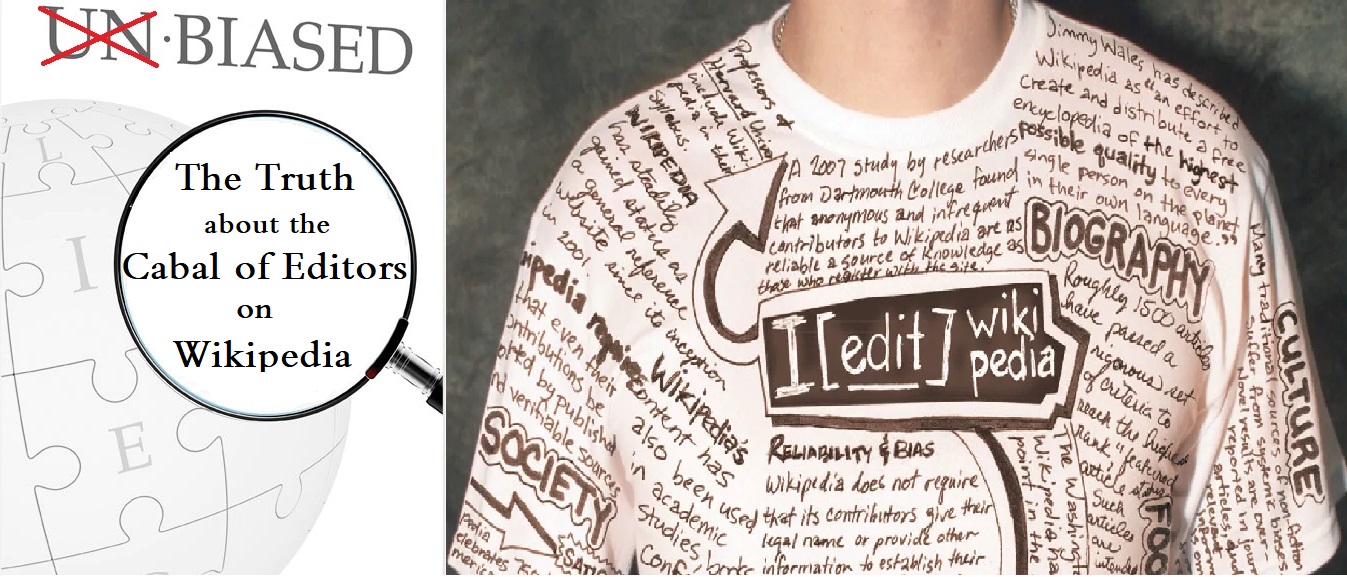
Years ago, my friend and I collaborated to write an investigative article on Wikipedia. The plan was to expose the entrenched gang of Wikipedia editors who earn money by creating and editing Wikipedia pages. A Bollywood producer helped me with the contact of an agency. The plan was to pose as the PR agency of a relatively unknown actress and create a wiki page as per our instructions on email. We will have email instructions predating the edits and then invoices of payments. So we will be able to prove that Wikipedia India is corrupt.
Our plan got changed along the way because we realised that Wikipedia relies heavily on publicly available news links and without them it is impossible to edit a page. So, it was decided to remove unwanted edits from the newly created page and keep only the favourable edits. As decided, we paid 10K to an agency to create a page of a male actor. Both me and my friend shared the amount. The total cost of creating and keeping the page for six months was 50K. The agency demanded an annual contract of 30K for keeping the page up and purge unwanted edits.
We learnt that Wikipedia is a deceptive place. Nobody can go and edit a page as they like. You can edit a page but “they” reverse your edits if they don’t like them. A gang of about 50 Indian editors are on top of a chain of editors and they have complete control over Wikipedia. The top 50 editors are mostly from IT companies with much free time on their hands and they are on Wiki the whole day. They are on top of a chain of command. A team consists of about 10 editors. A newbie proposes an edit and a chain of command approves it and further edits it.
The top editors are all anonymous and have enormous power because Google algorithm always rewards Wikipedia as the top page on Search. Google changes its algorithm frequently but they used to heavily favour Wiki because it is an open source, publicly edited charity platform. Wikipedia gets its reflected glory from Google which translates into business for these editors. Here’s a payment structure for these Wiki editors in the command chain:
1. Top Editor: 30% (one)
2. Senior editor: 25%
3. Mid editor: 15%
4. Young editor: 10%
5. Agency: 20%
For 2 months we kept on adding favourable edits to a page based on frivolous press releases. Anybody working with Bollywood actors know about such PR hangouts which contain favourable but innocuous information, like the news of an unknown award or bring a youth icon etc. Some flop films were turned into average or semi-hits at the box office. All the information edited were complimentary & showed the page in good light. Every time the top editors approved the edits and they were never reversed. Even if somebody reversed it, they were brought back.
We got a lot of info.
1. The top editors make about 5 lakhs every month as “consultants”.
2. The agencies make about 3 lakh per month.
3. Students are enrolled as interns and may later on become mid-level editors.
Wikipedia is a big business opportunity, hence tightly controlled.
he Wikipedia editors ensure that all money is properly accounted for and it is electronically transferred. Tax is paid on the income as consultants. But nowhere do they mention Wikipedia anywhere. It’s all projected as IT related consultation of an Ad agency or a PR agency. There is a major difference between media & Wikipedia. Here most editors mask their identity. So, it’s difficult to figure who’s attacking you. You might be a professor with a PhD on the subject but a first year student will reverse your edits if he’s higher in the hierarchy.
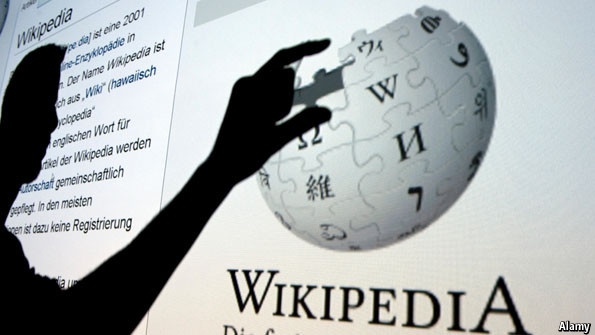
How does a Wiki editor climb up the ladder? Ans: It takes years to climb up the hierarchy. Wikipedia gives you badges, stars etc in recognition of your work. You won’t get promotions unless you have the tacit support of the “gang”. There is a very well-known process here. To climb up the hierarchy on Wikipedia, your edits needs to “stick”. If your edits get reversed or deleted frequently then Wikipedia understands that you are not a talent. This is the game that is played on the platform. If they want you out, they will reverse your edits.
Picture this: You do a lot of research to edit a page on Wikipedia. Backed with data, you edit the article on Wikipedia only to find that it has been reversed the next day. Imagine this happening to you frequently. Day after day. You get frustrated and angry. Right?
This is the why new editors have left Wikipedia out of frustration. What is the point of research and editing articles if they get deleted? Wikipedia has a system where you can “Talk” to your “seniors” about why your edits have disappeared. This is where the bullying happens.
There are these “Talk” pages where you can ask why your edits have been deleted. These pages are public and the language is monitored. It is here that the senior editors will bully you by clever usage of words. They’ll tell you that your edits were “pretty pointless” or “vague”. You have the liberty of re-editing or seeking help from someone else but the bullies who are trying to block your edits, will patrol your Talk pages to figure out who you are talking to and what are you saying. If they find you intimidating, they will try to block you permanently.
As Wikipedia attaches a lot of importance to citations, they attack your citations from publicly available sources. These editors ensure by one method or the other that their narrative on a particular page does not change. This is mainly the case with political pages. It’s interesting to note that there are many Bengali and Malayali senior editors on Wikipedia who have been editing Wikipedia pages for years. They’re staunch Leftists and their job is ensure that Wikipedia doesn’t say nice things about non-left personalities and media.
How do they vilify pages? Well that’s another interesting thing. For personalities, they will highlight their flaws. For example, create a separate section for an unverified allegation levelled against him just by citing a newspaper report. But for others, they would ignore it. For people who are known to have anti-left views, the attacks get more vicious. They scour the internet for publicly available articles that show you in bad light. Once they get such an article, a new editor will edit and the senior editors will ensure that it sticks to the page.
It’s interesting how they organise the malicious edits. They will form a team. Usually such teams are formed on secret chat rooms outside of Wikipedia. They will ensure that the edits come from different locations. So it’s impossible to figure out that it’s a coordinated attack. If seniors from Virginia, Kolkata, Vietnam, Karachi & Mumbai are saying the same thing about an article, then the edit sticks. No matter how much you try, you will not be able to modify it. Everytime new senior editors will come and block you from editing or will reverse the edit.
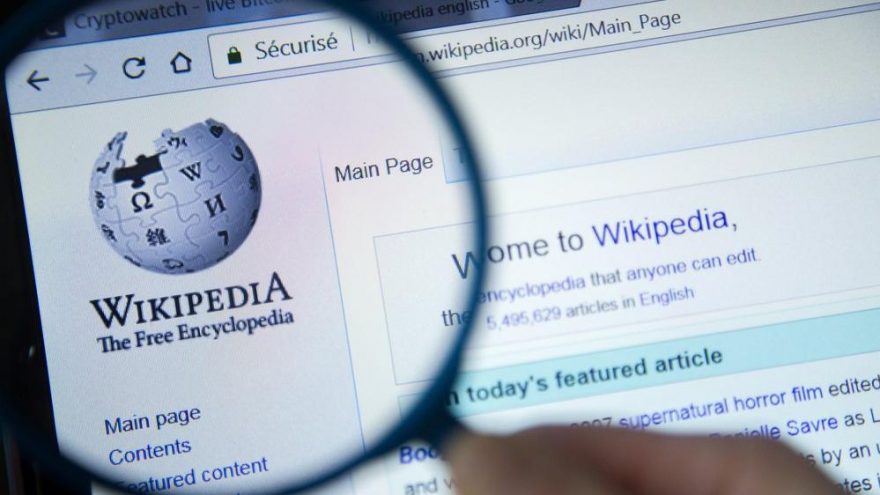
Coming back to where this started, I could never write the article & had to leave it half way. Reasons:
* The actor didn’t give us written consent
* My friend quit because the agency was asking for more money
* The editor didn’t sound too excited either
I witnessed a positive change in the actor’s online profile as Enthusiastic Wiki editors added more information and expanded the Wiki page. His Twitter profile got verified as Twitter apparently considers Wikipedia as a credible signal to decide if an user should be verified. I noticed a dramatic shift in the online presence of the actor. He became more active on social media & hired a PR firm to plant stories about him in the media. By this time, he has understood that if mainstream media publishes anything, Wiki editors will include it on Wiki page. I understood the enormous clout of Wikipedia in establishing an online image as it is the 1st page on Google search. This Wikipedia page makes or breaks your online image. So, I continued my research on the side about how editors rise up the ladder to the top of the command chain.
Editors start off with pages that align with their core interests (pages on cricket, medicine, IT). Then they go on to create pages of an ongoing news: Like #CoronaOutbreak. These pages are factual and aren’t controversial. But they establish you as an editor whose edits stick. Wikipedia seniors notice your contributions and start participating on your TALK pages, guiding you and basically trying to figure out who you are and what you are. 90% of these editors are anonymous. Wikipedia knows your IP address and maintains the log of every activity.
After a few months, you start gaining more “rights” on Wikipedia. In an year or so, you become an important member of the community. You have also made friends with seniors and they consider you a friendly. This is time. Now you turn your sights on the controversial pages. This is the time to start vandalising the pages of personalities that you don’t like. It can be a film star or a director or a political activist. Usually the A-listers are protected. Like you cannot vandalise Narendra Modi’s page or Shah Rukh Khan’s page. The seniors won’t allow!
Here are the usual victims of the Wiki editor mafia:
1. Moderately famous personalities including politicians and people with strong political views
2. New Media houses (Like @OpIndia_com)
3. Bollywood actors
4. Communal events (#DelhiRiots)
5. Terms (eg Hindutva or #JaiShriRam)
As I said, Wikipedia editors come from various backgrounds but most of the seniors have a strong bias against anti-left narrative. BJP leaders, personalities who publicly support Narendra Modi and those who speak in favour of majority Hindus often have derogatory edits approved. Please remember: My study pertained to Indian Wikipedia pages only. But the same pattern is seen across Wikipedia. Wikipedia Editing is actually a game of citations from publicly available sources. The hidden cheat sheet is approving the citations that align with your narrative.
Wikipedia is aware of this and has installed checks & balances to prevent biased behaviour among its editors. Example: There are Arbitration Forums where you can confront senior editors and any matter may be escalated to the top editors: The Moderators. Let me talk about them now.
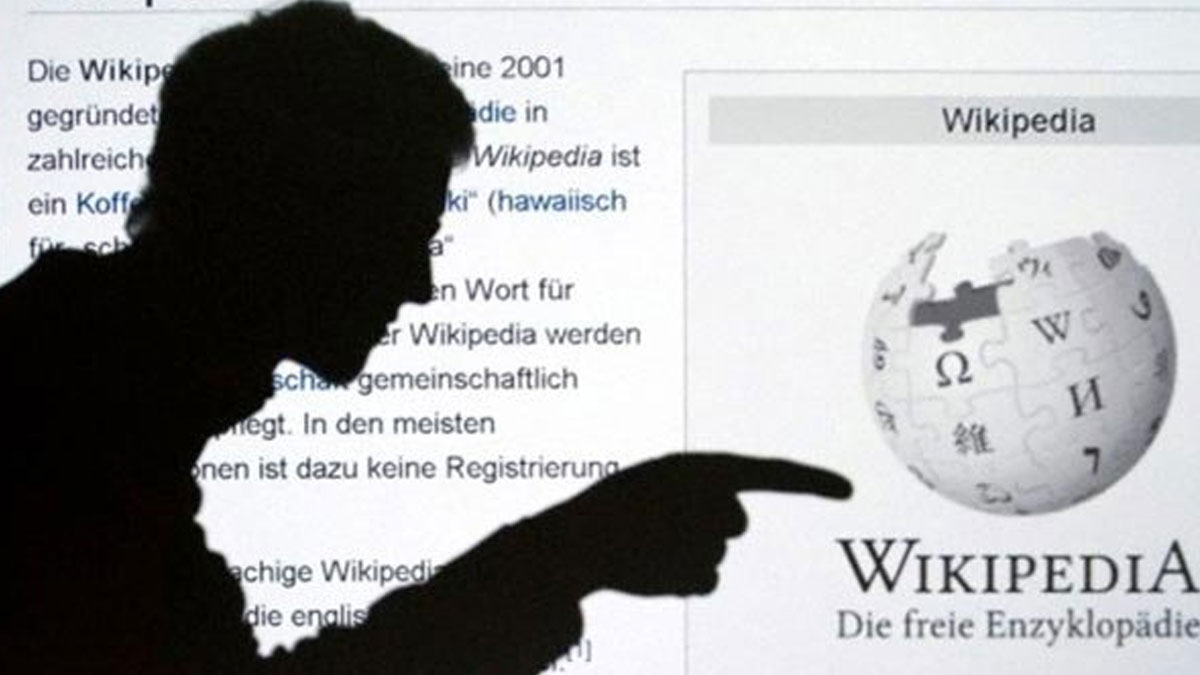
The Moderators are people who have the final say in Talk pages about what edits would stick and what wouldn’t.
Then there are Administrators who are like an Editor-in-Chief of a Media house. They have ultimate powers. Currently there are 1,144 administrators of English Wikipedia. There is documented proof about how a Wikipedia Moderator was a corrupt person. Wikipedia had to ban the user because it was proven that he was running a mafia syndicate to favour a business house. Wikipedia apologised after the user was outed.
The obvious question is: what are Wikipedia bosses doing about this? The answer is: Nothing! They can’t digest the fact that their creation is slowly becoming a monster and has started altering history and promoting biased narratives. Like a mother who thinks her son is the best! Not many know that Wikipedia has carefully added a disclaimer admitting that their platform is biased! Wikipedia also goes on to justify how and where the bias creeps in. But they are silent about what mechanisms they are installing to stop that bias.
Not only does ideological bias and bullying exist on Wikipedia. There have been many cases of sexual harassment and targeted gender harassment on Wikipedia. Female editors have been harassed by the gangs of male editors. Here is a documented case from 2015.
The problem with Wikipedia is: They do nothing about the ills that exist on their platform. Though Wikipedia’s founder Jimmy Wales continuously defends Wikipedia and says how great the platform is. Co-Founder Larry Sanger has gone on record about Wikipedia’s biased narrative.
A proponent of neutrality and a PhD in Philosophy, Sanger worked with Jimmy to found Wikipedia in 2001. He has left Wiki because he didn’t approve of the way Wikipedia was evolving. Again Jimmy Wales did nothing to correct course. Jimmy doesn’t listen.
A prominent criticism of Wiki is its gender gap and unfair targeting of women public figures, eg, women of colour. Here’s a case study of how a scientist’s page kept on disappearing from Wikipedia and the battle to restore it. There are many such cases.
Wikipedia has done nothing to check their platform of biases that come in many forms: political narrative, gender, historical perspective, religion etc. Most complaints have emerged from Jimmy Wales’ own country. But he has always praised his creation.
(The article is a compilation of tweet by the author. He tweets at @Soumyadipta)



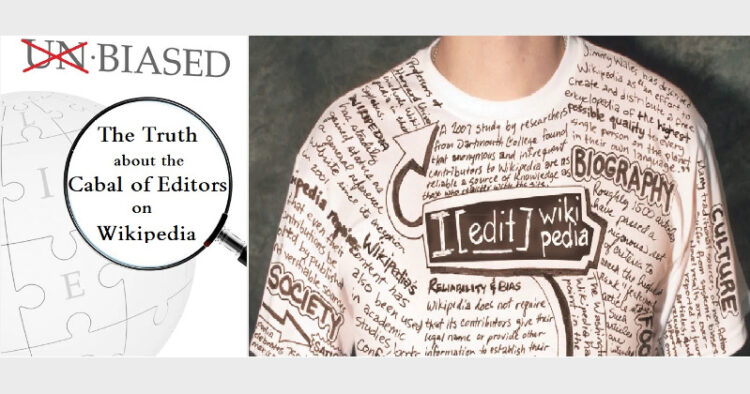










Comments